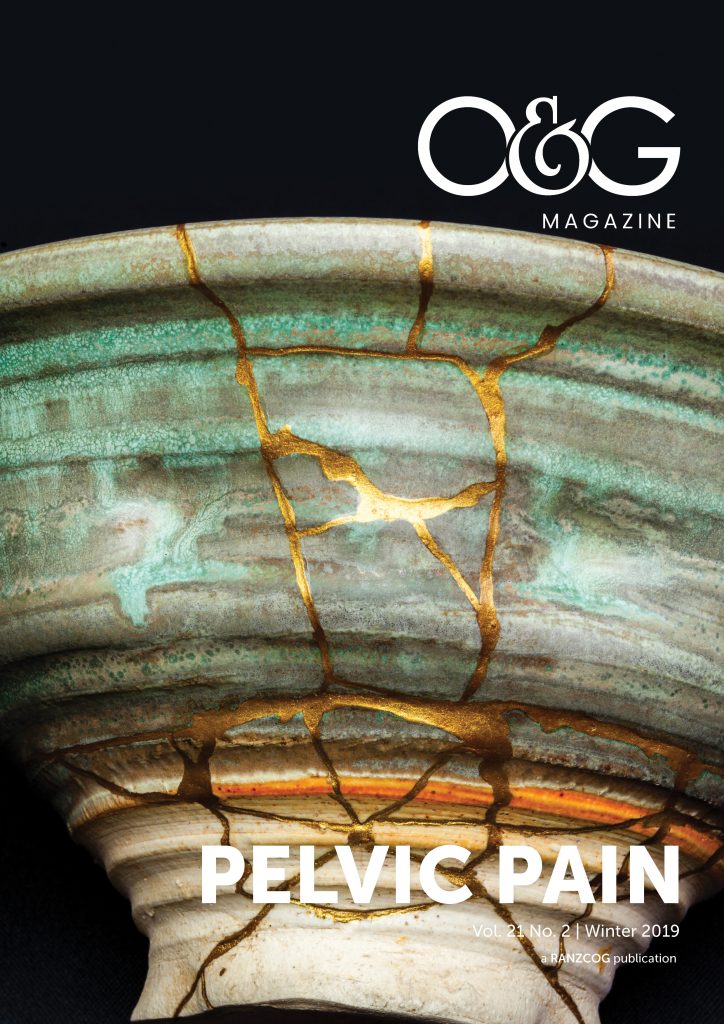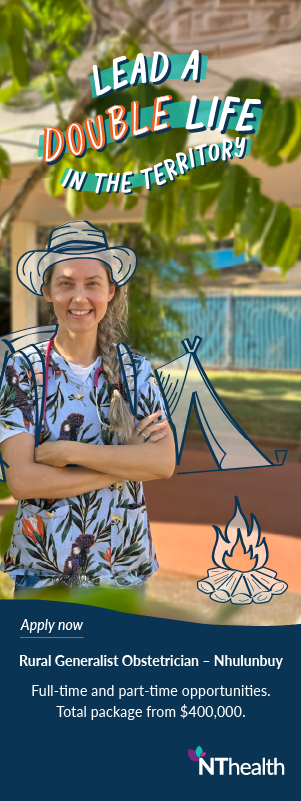Andrew Browning was six years old when he first heard about Africa’s medical missionaries. He was at Church with his family (an ordinary Sunday), but the stories of countless women dying in labour stayed in his mind. In that moment, he knew what he wanted to do with his life.
Today, with more than seventeen years’ experience in Tanzania and Ethiopia, Dr Andrew Browning (AM) is widely regarded as the finest fistula surgeon in the world. He was a lead author of the WHO Training Manual for prospective fistula surgeons and is highly respected in countries where this problem is prevalent.
Early beginnings
‘My biggest challenge? Trying to run a hospital without water, with staff that haven’t been paid by the government for months and patients dying because of the lack of equipment.’ – Dr Andrew Browning
As a medical student Dr Browning spent time in a remote mission hospital in Tanzania, on the border with Rwanda, for his medical elective. It was 1993, at the beginning of the genocide in Rwanda, and literally tens of thousands of refugees flooded into the area overnight. It was here that, for the first time, he was faced with the stark reality of practicing medicine without adequate resources.
Wishing to do more to help, he then visited his aunt Valerie Browning who has been working in the desert area of Ethiopia for 40 years. He also visited the Hamlin Fistula Hospital in Addis Ababa, Ethiopia, where he was invited to work.
After five years operating, researching and teaching with Dr Catherine Hamlin, Dr Browning moved to Barhidar, where he started and directed the first regional Hamlin Fistula hospital. He and two Ethiopian nurses would spend the next years operating on up to 600–700 fistula patients per year. He then started his own charity, the Barbara May Foundation, to build and run maternity hospitals to prevent fistula, train midwives and to establish fistula centres around Africa where the Hamlin’s didn’t work.
Thinking big
‘All in all, I spent thirteen years in Ethiopia coordinating training programs and establishing health centres, but I wanted to take this to work outside Ethiopia. There is a huge fistula need in the rest of Africa; to build more hospitals’ says Browning.
In 2011, Dr Browning moved to Tanzania, funded the refurbishment of another hospital and built a dedicated fistula clinic near Arusha. It was in this same year that he met Dr Geoff Kelsey.
‘I was trying to find an organisation that had experience with fistulas. Dr Browning had written one of the best books on fistula I had laid my hands on, so I decided to write him an email. He replied straight away: he was moving to Tanzania and asked me if I wanted to join him’ says Dr Kelsey.
Dr Kelsey went to Tanzania, taking with him donated sutures, catheters and other supplies from Australia. He was eager to learn more about obstetric fistulas. However, despite his interest, Dr Kelsey had only identified two fistula surgeries in over 35 years, so Browning tasked him with general gynaecology practice and allowed him to accompany him on several fistula surgeries for him to learn more.
‘I enjoyed it so much that I have gone back every year since. Dr Browning is an amazing teacher that leaves his ego at the door. He maintains a huge workload himself on top of travelling around Africa teaching local doctors working on the frontline on the best way to manage fistulas as well as building maternity clinics to teach midwives and arranging support of under-resourced clinics with the belief that prevention is better than cure.’
Dr Browning’s preventative approach has resulted in a marked increase in hospital usage by Tanzania’s local communities. Dr Kelsey states that deliveries increased from 40 a month in 2010 to near 100 a month in 2012 at the hospital where he volunteered and later to 200 per month. ‘This is great, but it also means that the local medical and nursing staff are stretched to the limit.’
Frustrated by a continuous lack of resources and wishing to adopt a prevention-focused approach, Dr Browning decided to establish the Barbara May Foundation in 2009. The Foundation’s funds allow him to continue running projects in Tanzania, South Sudan, Uganda, Nepal and Ethiopia, at no cost to patients, that aim to reduce the high incidence of maternal death and extreme injury in pregnancy and childbirth.
‘Treating obstetric fistula is one of the few operations that you can do that transforms completely someone else’s life. It brings women back from being ostracised to having a normal life’ says Browning. ‘I’d love to treat more patients; especially because it only costs $200 AUD to ensure a woman has a safe delivery at a hospital in Africa.’
On the horizon
Dr Browning relocated to Australia last year while his sons finish high hchool.
‘After 17 years working in Ethiopia and Tanzania, I now feel like Africa is my home. It’s been really hard for me to adjust to Australia. In Africa, everything is unexpected. Nothing goes as planned.
Australia is facing a very different set of barriers that requires me to think another way.’
Andrew remains dedicated to helping the more than two million women estimated to be suffering with existing obstetric fistula injuries throughout Africa by teaching surgeons via ‘fistula camps’ in Malawi, Sierra Leone, Kenya, Chad, Uganda, Congo, South Sudan, Somaliland, Nepal and Togo. He also consults on global maternal healthcare issues to United Nations Fund for Population Activities and the International Federation of Gynaecology and Obstetrics. He is very keen to talk to midwives and doctors, like Dr Kelsey, who wish to volunteer overseas.
‘Go,’ advises Kelsey. ‘I found Africa to be exceptional. The people are friendly, welcoming and grateful. But be prepared; you don’t want to have an agenda. You’ll see that things are terrible but make sure to look at the local situation before you start wanting to make changes. You’ve got to be aware of context; not put people offside by telling them they should be doing things they cannot do. Also, go for long enough! You can’t do or learn much in a fortnight.’
If you want to help financially or by volunteering, visit www.barbaramayfoundation.com.






Leave a Reply